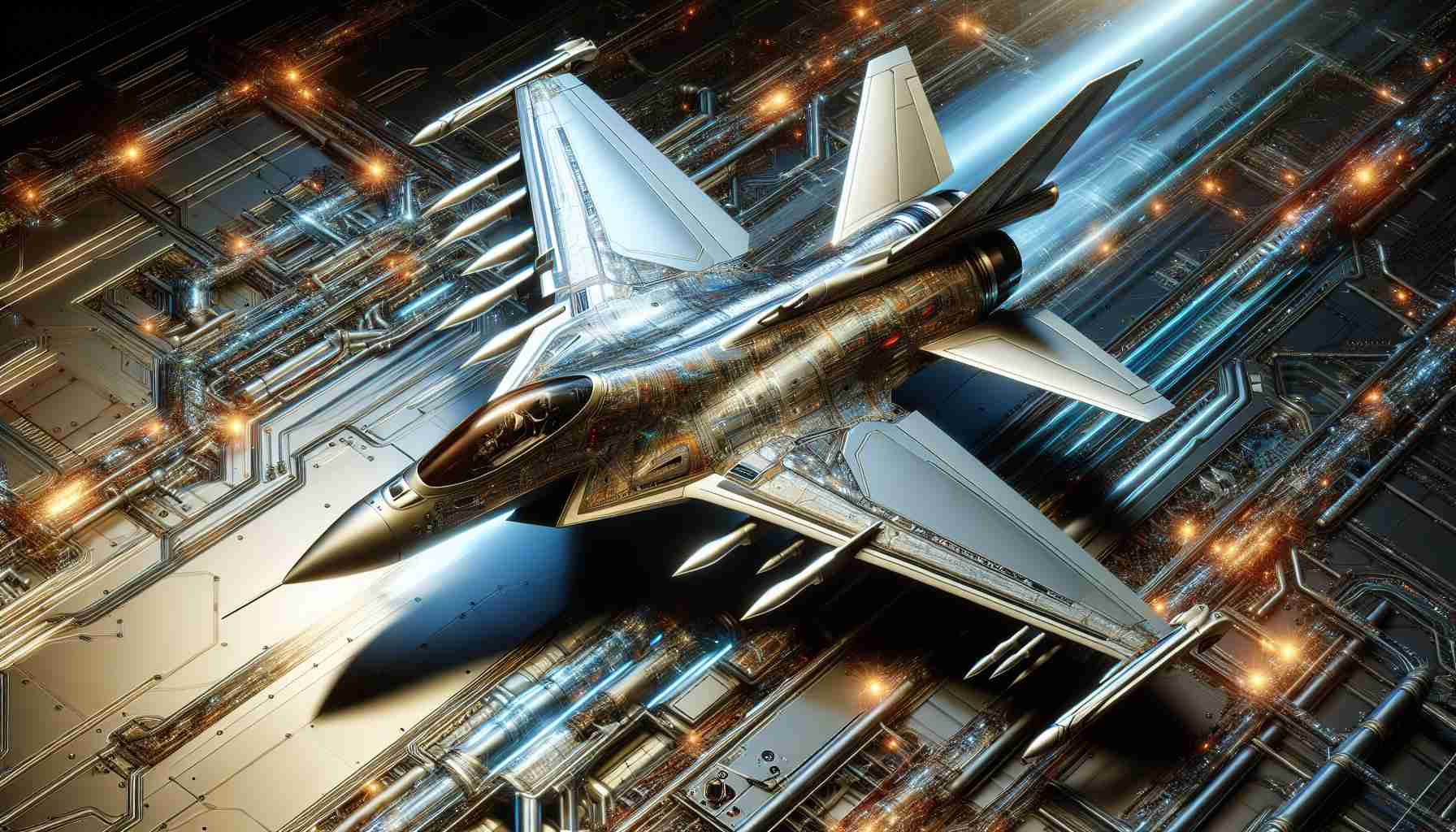The international defense community is buzzing with excitement as the UK government has officially authorized the next phase of the Global Combat Air Program (GCAP). Developed by a strategic partnership between the UK, Japan, and Italy, this cutting-edge fighter jet program seeks to position these nations at the forefront of military aviation technology.
Earlier this year, uncertainty loomed over the future of the GCAP. The hesitation came after the UK Labor government initiated a comprehensive Strategic Defence Review. Skepticism about the project’s fate arose as the government remained evasive on committing to the GCAP during the summer of 2024. However, reassurance came when the UK Prime Minister confirmed the country’s commitment to proceed with the multibillion-pound project, dispelling any fears about its cancellation.
This ambitious collaboration merges the UK and Japan’s sixth-generation fighter initiatives—Tempest and F-X. British Defence Minister Maria Eagle highlighted the ongoing positive momentum of the GCAP, noting the significant employment it has generated in the sector. The program’s governance and development oversight have been solidified by the ratification of an international pact, creating the GCAP International Government Organization (GIGO), expected to be operational by year-end.
The race is now on to develop the world’s second-ever sixth-generation combat aircraft, potentially ready for service by 2035. As global players watch with keen interest, the success of this endeavor could bolster the defense standings of the three allied nations against global adversaries. With technological advancements like hypersonic missiles and Artificial Intelligence integration, GCAP promises to deliver one of the most sophisticated aircraft the world has yet seen. The journey to redefine aerial combat has just begun.
How the Global Combat Air Program Could Reshape Geopolitical and Economic Landscapes
The Global Combat Air Program (GCAP) is more than just a significant leap in military technology; it’s a transformative force with the potential to reshape geopolitical dynamics, economic opportunities, and strategic alliances across the world. Behind the excitement surrounding this project, several implications and controversies are emerging that could have a profound impact on people, communities, and countries.
Game-Changing Technological Innovations
With the integration of advanced technologies like hypersonic missiles and Artificial Intelligence (AI), the GCAP stands poised to redefine the future of warfare. This raises crucial questions: How will AI integration impact pilot roles and decision-making processes? Are hypersonic weapons a deterrent or escalation factor in military conflicts? These advancements could revolutionize military strategy but also stir ethical debates about autonomous warfare and increased risks of rapid escalation in international tensions.
Economic Opportunities and Challenges
The economic ripple effects of the GCAP are extensive. Job creation is already a significant boon, with opportunities spanning engineering, manufacturing, and tech sectors within the UK, Japan, and Italy. Yet, the immense financial commitment (a multibillion-pound investment) also poses challenges. How will these nations balance defense spending with domestic priorities like public health and education? Skeptics worry that an overemphasis on military expenditure could detract from critical social investments.
Shifting Geopolitical Alliances
As the UK, Japan, and Italy solidify their collaboration, the landscape of global alliances may shift. This partnership could influence other nations to reconsider their strategic ties and defense strategies. Can other alliances or partnerships replicate GCAP’s model of cooperation? Furthermore, how might this trilateral alliance affect diplomatic relations with nations like the United States, China, and Russia? The project could either strengthen or strain these ties, depending on global perceptions and regional responses.
Environmental and Social Considerations
The development of advanced fighter jets also bears significant environmental implications. From raw material extraction to manufacturing processes, the ecological footprint of such expansive projects cannot be ignored. How will GCAP address environmental concerns amid increasing global pressure for sustainability? Additionally, communities near production sites may experience socioeconomic changes, highlighting the need to balance industrial growth with quality of life enhancements.
Advantages and Disadvantages
Advantages:
– Technological Leadership: Positions the UK, Japan, and Italy as leaders in cutting-edge military advancements.
– Economic Growth: Promotes job creation and stimulates industries related to defense and technology.
– Enhanced Defense Capabilities: Provides a strategic edge over potential adversaries, enhancing national security.
Disadvantages:
– High Cost: Immense financial resources diverts funds from other critical national needs.
– Escalating Arms Race: Could intensify global military tensions and spark an arms race.
– Ethical and Environmental Concerns: Raises questions about AI in warfare and environmental sustainability.
Links to Further Exploration
For those interested in exploring the wider context of the program, consider visiting these websites for more information:
– UK Government
– Japan Ministry of Defense
– Italian Ministry of Defense
By examining the interplay between technological advancements and their broader implications, we can better understand how initiatives like the GCAP not only redefine military landscapes but also impact global society in myriad ways. Will nations prioritize collaboration over competition, or will new divides emerge? The answers remain to be seen as the GCAP unfolds over the coming years.






















